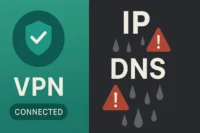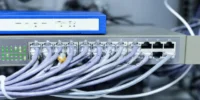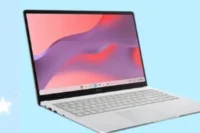Unlock Cloud Technology | Learn All Cloud Computing Types
Published: 25 Apr 2025
Different Types of Cloud Computing in Simple Terms
Cloud computing powers over 90% of today’s online services, from streaming to storage. But with so many choices, the Cloud infrastructure types can feel confusing. Are you struggling to pick the right one for your business or project? Whether you’re sending emails or building an app, understanding the types of cloud computing helps you choose what actually works for you.
Explain Different Cloud Computing Types with Examples
Types of cloud computing are different ways users utilise the internet to store data, run apps, and accomplish work without needing their own computers.
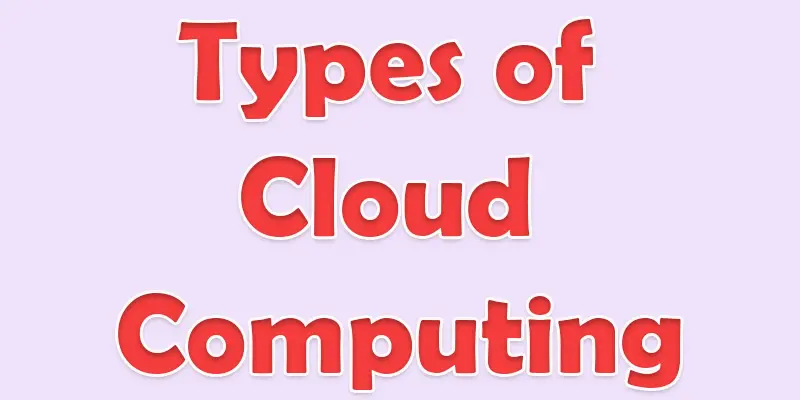
- Public Cloud
- Hybrid Cloud
- Private Cloud
- Multi-Cloud
- Community Cloud
- Distributed Cloud
- Inter-Cloud
- Edge Cloud
Public Cloud
Anybody can utilise and access public clouds, which are usually offered by big businesses. It’s cost-effective because resources are shared among many users. Example: Google Cloud is a public cloud that offers services like storage and computing to anyone.
Private Cloud
More control and security are provided by a private cloud, which is a cloud service utilised by just one company. It’s perfect for businesses that need to protect sensitive data. Example: A private cloud could be used by a bank to safely store client information.
Hybrid Cloud
Data and apps can travel between public and private clouds as needed, thanks to hybrid cloud technology. It provides more options for cost and security control as well as flexibility. Example: A business may employ a public cloud for routine operations like website hosting and a private cloud for sensitive data.
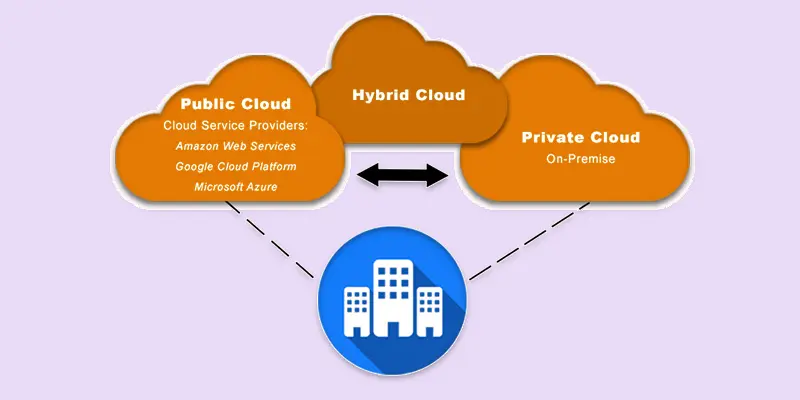
Multi-Cloud
Multi-Cloud means using two or more cloud service providers at the same time. It helps businesses avoid vendor lock-in and improve performance, reliability, and flexibility. Example: A company uses Amazon Web Services (AWS) for storage and Google Cloud for data analytics. This is a multi-cloud strategy.
Community Cloud
A community cloud is a shared cloud infrastructure utilised by a number of organisations with related purposes, such as mission, security, or compliance. It combines the benefits of both private and public clouds, but is only accessible to that specific group. Example: Government departments (like health, police, and transport) share a community cloud to store and manage citizen data securely and collaboratively.
Distributed Cloud
Cloud services are spread across multiple physical locations but managed from a central cloud provider. Example: Google Cloud runs services from different countries to reduce latency for users worldwide.
Inter-Cloud
A network of connected cloud systems working together to share resources and services. Example: A business uses Microsoft Azure and connects it with AWS to balance workloads.
Edge Cloud (Edge Computing)
Cloud computing happens closer to the data source (like devices or sensors), reducing delay. Example: A smart car processes driving data instantly using edge cloud near the vehicle, not in a distant data center.
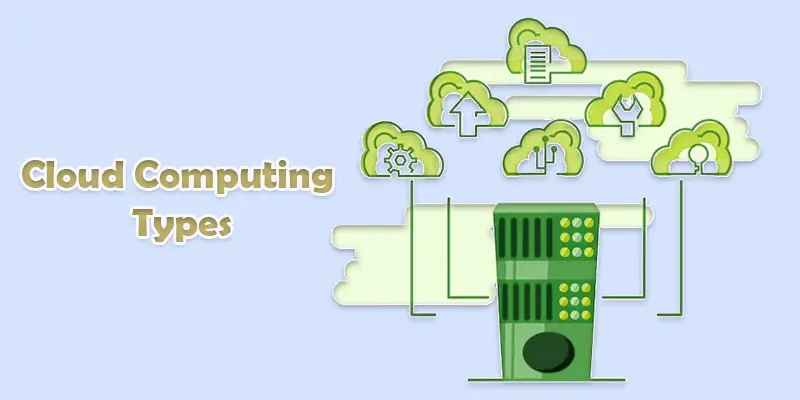
Conclusion About What are the Different Types of Cloud Computing
The different cloud computing types offer unique benefits depending on your needs. If you’re just getting started, I recommend exploring the public for easy-to-use apps like Gmail or Dropbox. However, if you’re running a business with more complex needs, a hybrid or private cloud might be better for extra security. Start by evaluating your requirements, and don’t hesitate to dive into cloud computing can make your life easier.
FAQS
Because Gmail can be used online without requiring installation on your device, it is a Software as a Service (SaaS) program.
- Servers and storage are examples of virtual infrastructure that IaaS offers.
- PaaS provides an app development and management platform.
- SaaS gives ready-to-use software over the internet, like Gmail.
Netflix is a SaaS (Software as a Service) because it provides streaming services you can access online without downloading the software.
Instead of utilising your own physical hardware, a cloud computing service enables you to store data, execute apps, and access resources online.
By providing users with internet access to data, software, and processing power, cloud services make managing physical infrastructure simpler and less expensive.

- Be Respectful
- Stay Relevant
- Stay Positive
- True Feedback
- Encourage Discussion
- Avoid Spamming
- No Fake News
- Don't Copy-Paste
- No Personal Attacks

- Be Respectful
- Stay Relevant
- Stay Positive
- True Feedback
- Encourage Discussion
- Avoid Spamming
- No Fake News
- Don't Copy-Paste
- No Personal Attacks


